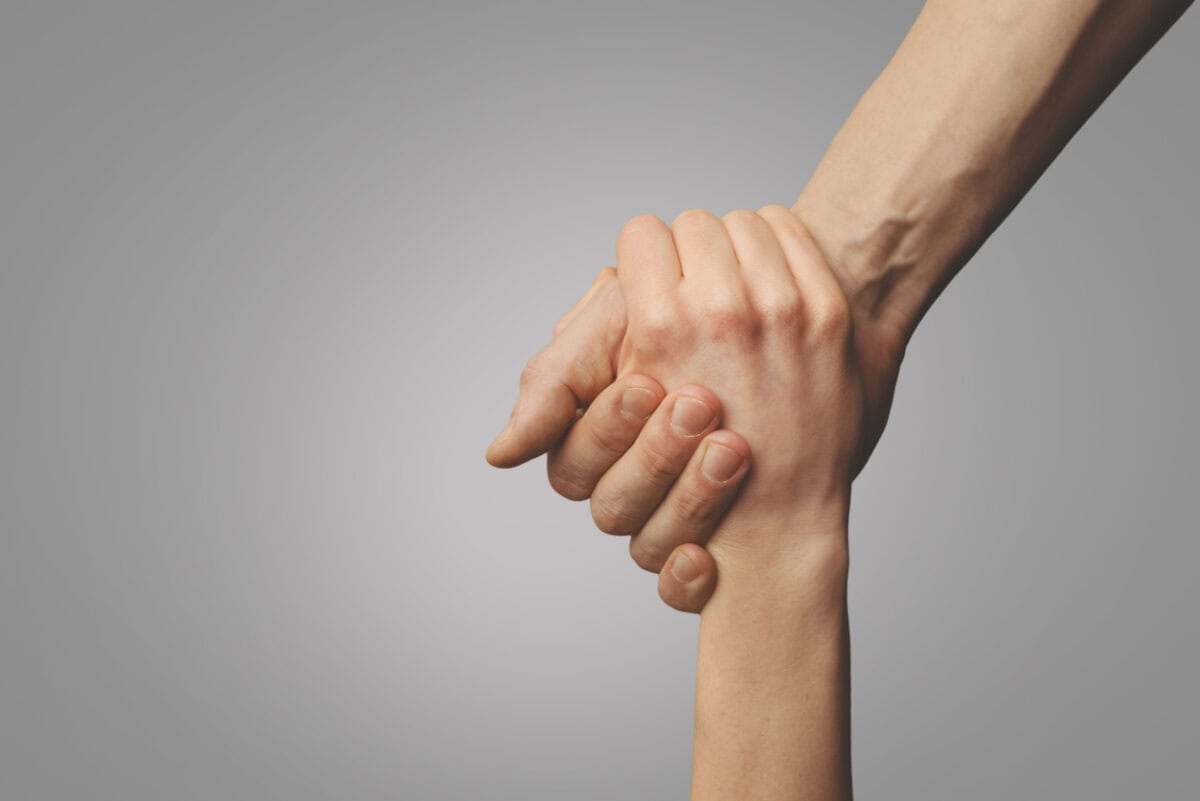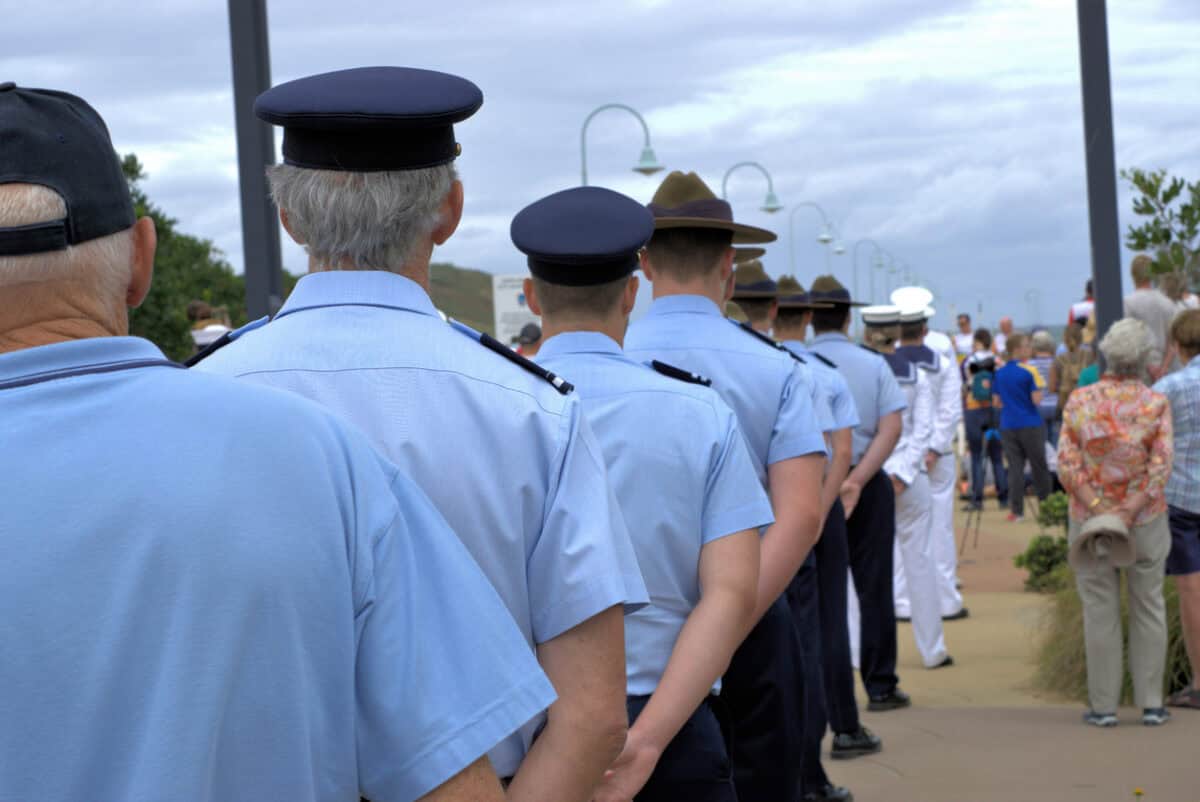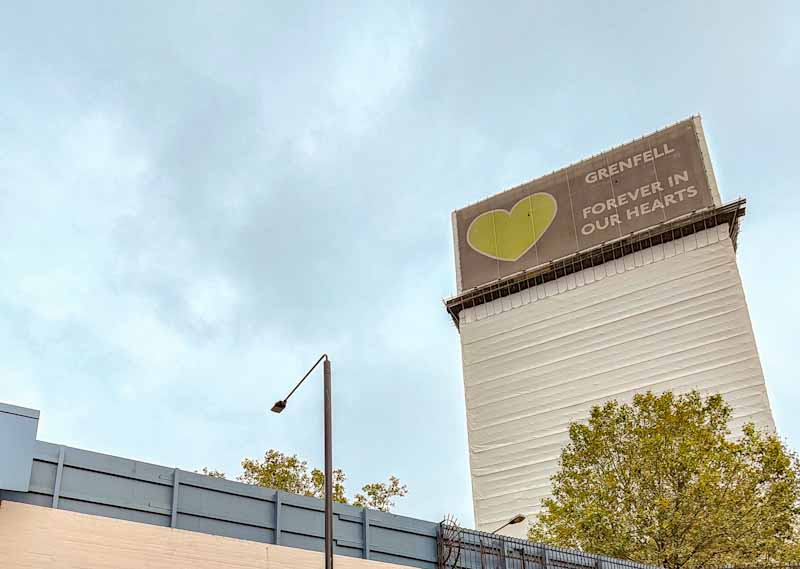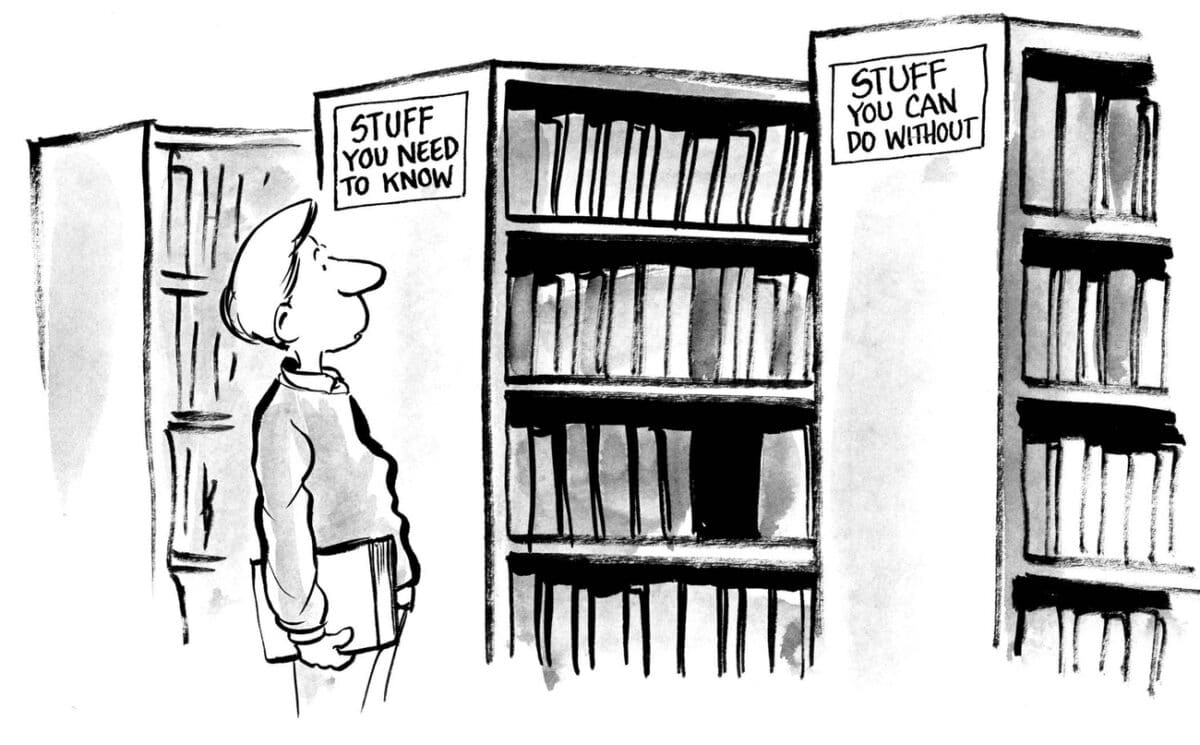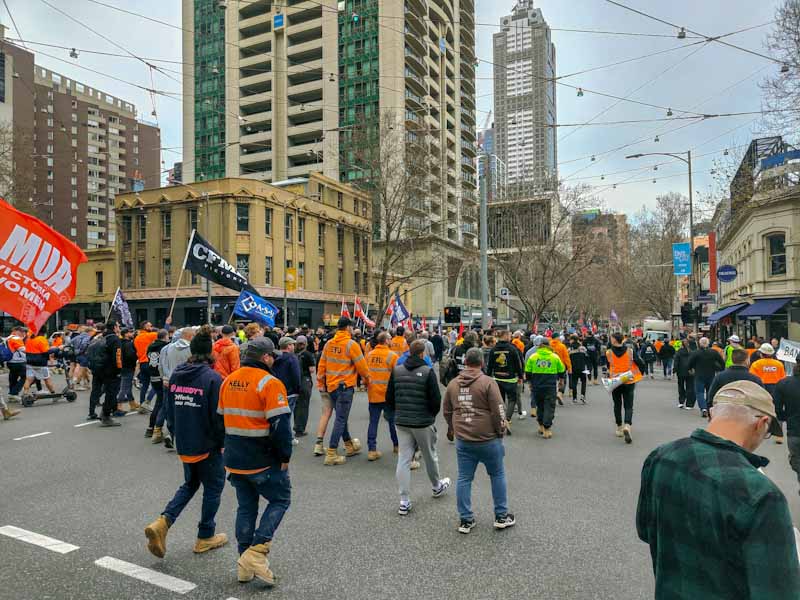John Brogden‘s book Profiles in Hope sounds like it is about suicide, but it is about much more than that. His interviews with a broad group of Australians, some very prominent, say a lot about growing up, anxiety, depression, distress, trauma and, sometimes, suicide, but it is primarily about hope.
This is not a book about personal enlightenment or personal resilience, although some interviews touch on these issues. Thankfully, this book is not a wellness tome masquerading as marketing for soy candles, essential oils, corporate gullibility, and overpriced wilderness retreats. Though there is enlightenment, several interviews confront the reader.

